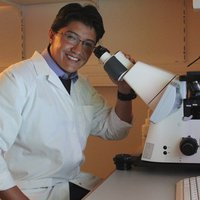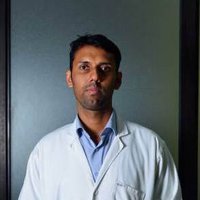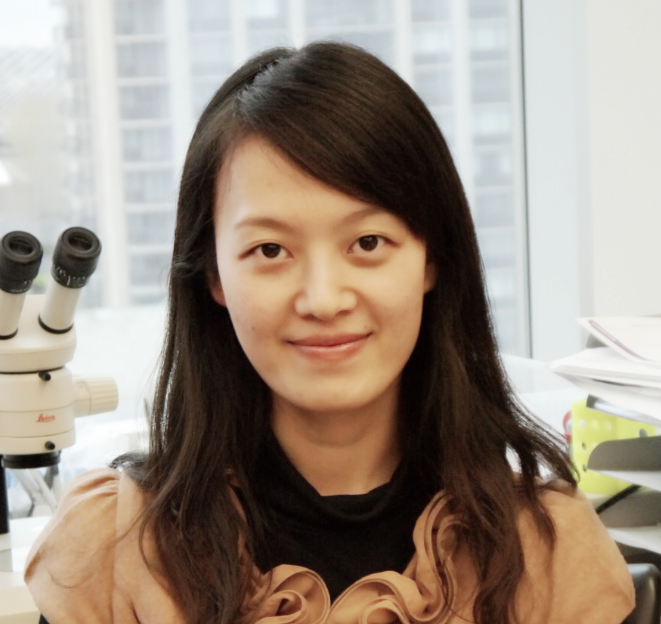Biotechnology & medicine
Ying Liu
She finds clues to anti-aging in the "force" that supplies life energy

Latin America
Andrés Caicedo
His mitochondrial transplant technique will make it possible to design therapies which regenerate tissue without stem cells

Europe
Zoi Giavri
Earlier and more accurate diagnoses for brain conditions thanks to her software that transforms MRI tests into accurate 3D reconstructions

Global
Svenja Hinderer
A design for a heart valve that’s biodegradable—potentially eliminating the need for repeat surgeries.

India
Subham Banerjee
Transdermal patch against neurotoxin poisoning
